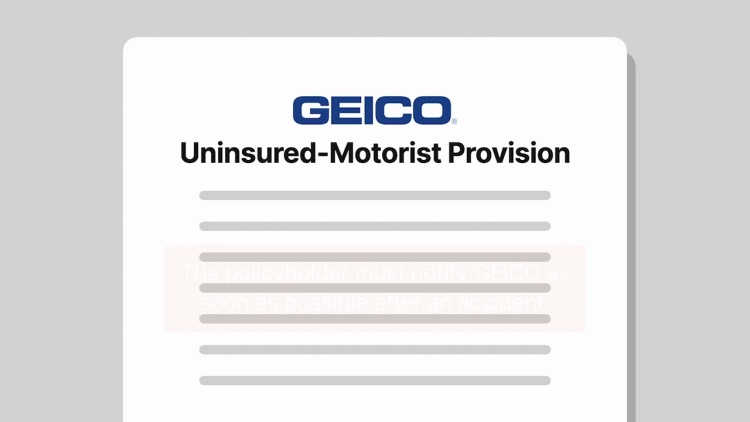Alcazar v. Hayes
Tennessee Supreme Court
982 S.W.2d 845 (1998)
- Written by Lauren Petersen, JD
Facts
David Alcazar (plaintiff) was an 18-year-old boy living with his mother. He was covered by his mother’s auto insurance policy that she had purchased from Government Employees Insurance Company (GEICO) (defendant). The policy required that an insured give notice to GEICO as soon as possible after an accident. Alcazar and Christopher Hayes (defendant) were working in chicken houses on a farm. Alcazar asked Hayes for a ride to Alcazar’s truck. Hayes agreed, on the condition that Alcazar ride on the trunk of Hayes’s car because Alcazar was so dirty from the chicken houses. While riding on the trunk, Alcazar was thrown from Hayes’s car and hit his head on the road. Alcazar suffered permanent brain damage. Alcazar’s mother did not initially notify GEICO of Alcazar’s accident because she did not know that he was covered by the uninsured-motorist clause of her policy, and also because she did not initially know how badly Alcazar was injured. About one year after Alcazar’s accident, he filed a complaint seeking damages for his injuries. GEICO filed a motion for summary judgment, arguing that Alcazar had breached the insurance contract’s notice provision by waiting more than a year to notify GEICO of the accident. Alcazar argued that his delay in notifying GEICO could not be grounds for forfeiting the policy because the delay had not prejudiced GEICO. The trial court granted summary judgment for GEICO, and the court of appeals affirmed. Alcazar appealed.
Rule of Law
Issue
Holding and Reasoning (Drowota, J.)
What to do next…
Here's why 907,000 law students have relied on our case briefs:
- Written by law professors and practitioners, not other law students. 47,100 briefs, keyed to 996 casebooks. Top-notch customer support.
- The right amount of information, includes the facts, issues, rule of law, holding and reasoning, and any concurrences and dissents.
- Access in your classes, works on your mobile and tablet. Massive library of related video lessons and high quality multiple-choice questions.
- Easy to use, uniform format for every case brief. Written in plain English, not in legalese. Our briefs summarize and simplify; they don’t just repeat the court’s language.





